The Anderson Regional Transportation Center, more commonly known as Woburn-Anderson (WOB), often called the Book Amtrak From Woburn-Anderson, Amtrak Station – Simply Call +1(877) 237 1001 is a critical component of New England’s travel infrastructure. Located just north of Boston, WOB acts as a crucial intermodal hub, linking the MBTA Commuter Rail network directly with Amtrak’s northern routes.
If you are commuting, planning a trip up the Maine coast, or need fast access to Boston’s major airports, WOB is your starting point. This guide provides a comprehensive breakdown of the WOB station, its key Amtrak services, and the distance metrics needed for seamless connection to surrounding airports.
Section 1: Woburn-Anderson (WOB) Station Overview [Book Amtrak From Woburn-Anderson]

Book Amtrak From Woburn-Anderson | Call +1(877) 237 1001 OTA
Woburn-Anderson functions primarily as a regional transportation center, designed to facilitate park-and-ride commuters and intercity travelers.
Key Operational Facts about WOB [Book Amtrak From Woburn-Anderson]
- Official Name: Anderson Regional Transportation Center (often listed as Anderson/Woburn or WOB).
- MBTA Connection: WOB is a major stop on the Lowell Line of the MBTA Commuter Rail, providing frequent service directly to Boston’s North Station.
- Parking: The station offers extensive parking facilities, making it highly desirable for travelers who wish to skip driving into congested central Boston.
- Amtrak Service: WOB is a dedicated stop for the Amtrak Downeaster route.
Section 2: WOB and the Amtrak Downeaster
WOB is strategically important because it is one of the closest Amtrak stops to Boston (North Station) that still offers convenient access to parking—something North Station lacks.
The Amtrak Downeaster route connects Boston directly to several major cities and picturesque coastal towns in New Hampshire and Maine. This route is ideal for both leisure trips and business travel throughout the northern New England corridor.
Amtrak Downeaster Destinations from WOB [Book Amtrak From Woburn-Anderson]
The table below outlines key destinations accessible directly via the Downeaster from Woburn-Anderson, along with approximate travel times.
| Destination (Northbound) | State | Approximate Travel Time from WOB | Key Features |
|---|---|---|---|
| Durham–UNH | NH | 45 minutes | Access to the University of New Hampshire. |
| Dover | NH | 1 hour | Historical mill town near the coast. |
| Wells | ME | 1 hour 45 minutes | Popular southern Maine beach destination. |
| Portland | ME | 2 hours 15 minutes | Maine’s largest city and cultural hub. |
| Brunswick | ME | 3 hours 15 minutes | End of the line; home of Bowdoin College. |
| Destination (Southbound) | State | Approximate Travel Time from WOB | Key Features |
|---|---|---|---|
| Boston (North Stn) | MA | 15–20 minutes | Primary connection hub for MBTA and subway access. |
Note: Amtrak trains serving the Northeast Corridor (NYC, Philadelphia, DC) typically operate out of Boston South Station (BOS), requiring a transfer from WOB via the MBTA to North Station, then a subway ride (Orange Line) to South Station.
Section 3: Airport Operations and Connectivity [Book Amtrak From Woburn-Anderson]
The greater Boston area is served by a primary international airport (BOS) and two important regional airports (MHT and PVD). Connecting from Woburn-Anderson to any of these airports requires planning, as there is no direct rail link to any of them.
Airport Connectivity Guide for WOB Travelers
Travelers departing from WOB have several transfer options:
- To Boston Logan International Airport (BOS):
- Take the Amtrak Downeaster or MBTA Commuter Rail southbound to Boston North Station.
- From North Station, transfer to the MBTA Subway System (Orange Line to State Street, then Blue Line to Airport Station).
- Alternatively, the most efficient method is often using a Rideshare/Taxi directly from WOB, especially when traveling with luggage.
- To Manchester-Boston Regional Airport (MHT):
- MHT is located north of WOB and is primarily accessible via car or taxi/rideshare. There is no direct train service.
- To T.F. Green International Airport (PVD):
- PVD is located south of Boston in Warwick, RI. This requires significant travel time.
- Travelers must take the MBTA to South Station, then catch either an MBTA Commuter Rail (Providence/Stoughton Line) or Amtrak Northeast Regional train south to the PVD station stop.
Section 4: WOB Distance and Travel Matrix
Understanding the distances between Woburn-Anderson and the major transportation hubs is crucial for accurately planning travel times, especially when factoring in Boston-area traffic.
The following table details the key geographical and operational relationships between WOB and the region’s airports and primary rail connections.
Table 2: WOB Distance and Operational Matrix
| Destination | Primary Mode(s) | Distance (Miles) | Approx. Drive Time (Off-Peak) | Operational Notes |
|---|---|---|---|---|
| Logan Airport (BOS) | Car/Rideshare (or Rail/Subway) | 17 miles | 30–60 minutes | Heavily reliant on traffic conditions through the city tunnels. |
| Boston North Station | MBTA Commuter Rail / Amtrak | 10 miles (track) | 15–20 minutes | Direct, fast rail connection. |
| Manchester-Boston Regional (MHT) | Car/Rideshare | 42 miles | 45–60 minutes | Located in New Hampshire; less traffic congestion than BOS. |
| T.F. Green Airport (PVD) | Car/Rideshare (or Rail Transfer) | 65 miles | 1 hour 15 minutes+ | Requires traveling through Boston’s metro area and continuing south into Rhode Island. |
| Interstate I-93 | Road | < 1 mile | 2 minutes | Direct access to the vital north-south interstate for easy driving. |
Essential Travel Considerations
When planning your journey through WOB, always account for these variables:
- Peak MBTA Commuting Hours: The Lowell Line is extremely busy during rush hour (7 AM – 9 AM and 4 PM – 6 PM). Allow extra buffer time if connecting during these periods.
- Boston Traffic: The driving times listed for BOS and PVD are highly susceptible to delays. Always check real-time map apps for accurate estimations.
- Rideshare Availability: WOB is a major hub, ensuring reliable access to rideshare services (Uber/Lyft) for transfers to the airports.
Book Amtrak From Woburn-Anderson (WOB) is more than just a stopping point; it is a vital multimodal intersection that simplifies travel throughout New England. By understanding its key Amtrak route (the Downeaster) and the distances to major airports, you are well-equipped to navigate the Northeast travel network efficiently. Happy travels!
Amtrak Woburn-Anderson | Book Amtrak From Woburn-Anderson | Amtrak Woburn-Anderson Booking Number | Amtrak Booking Number Woburn-Anderson



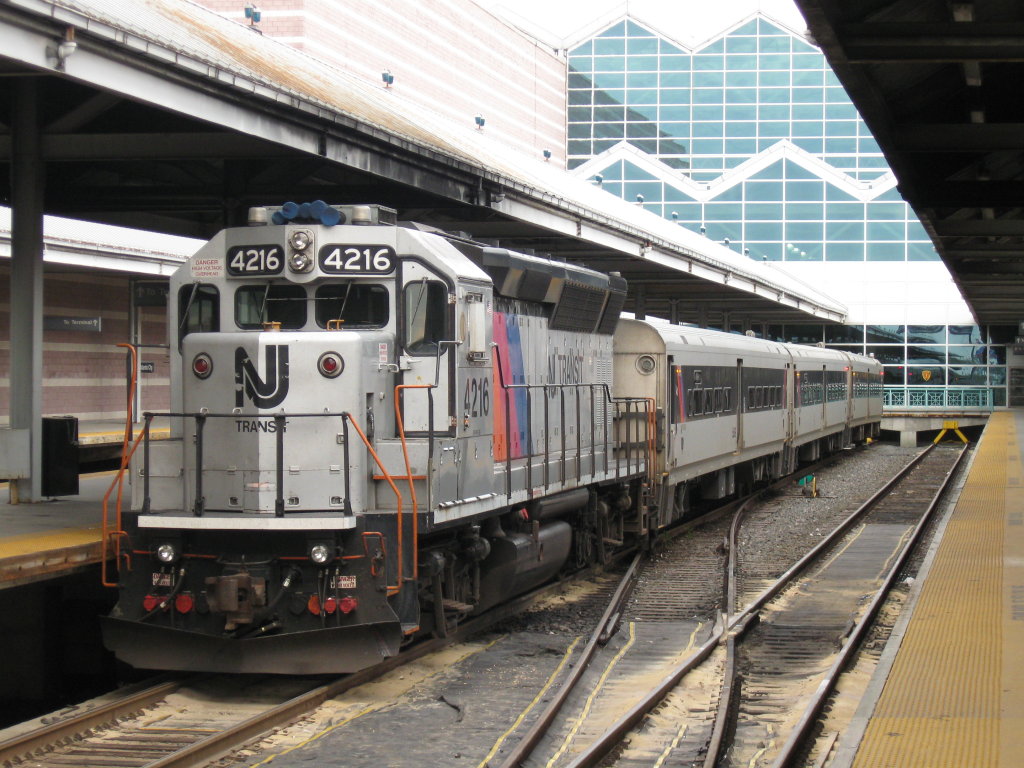
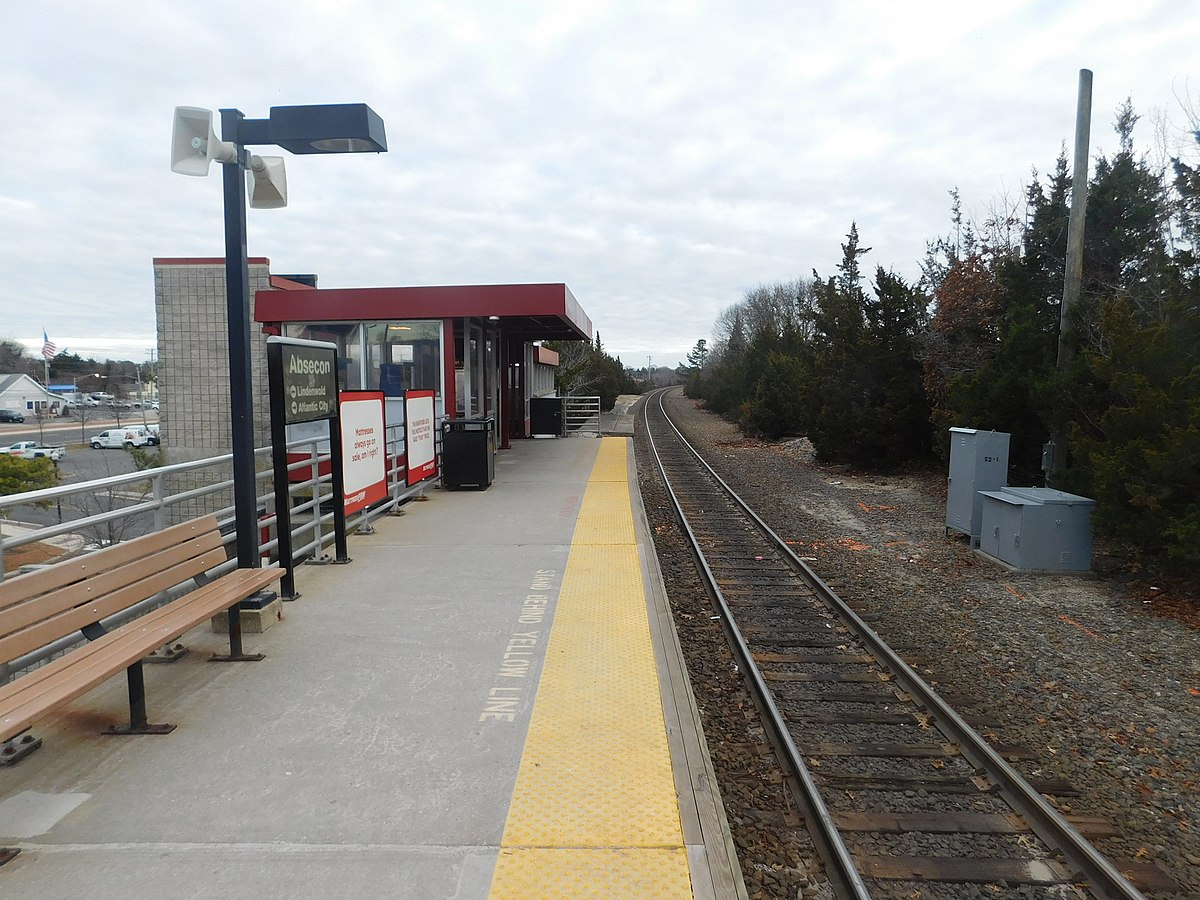
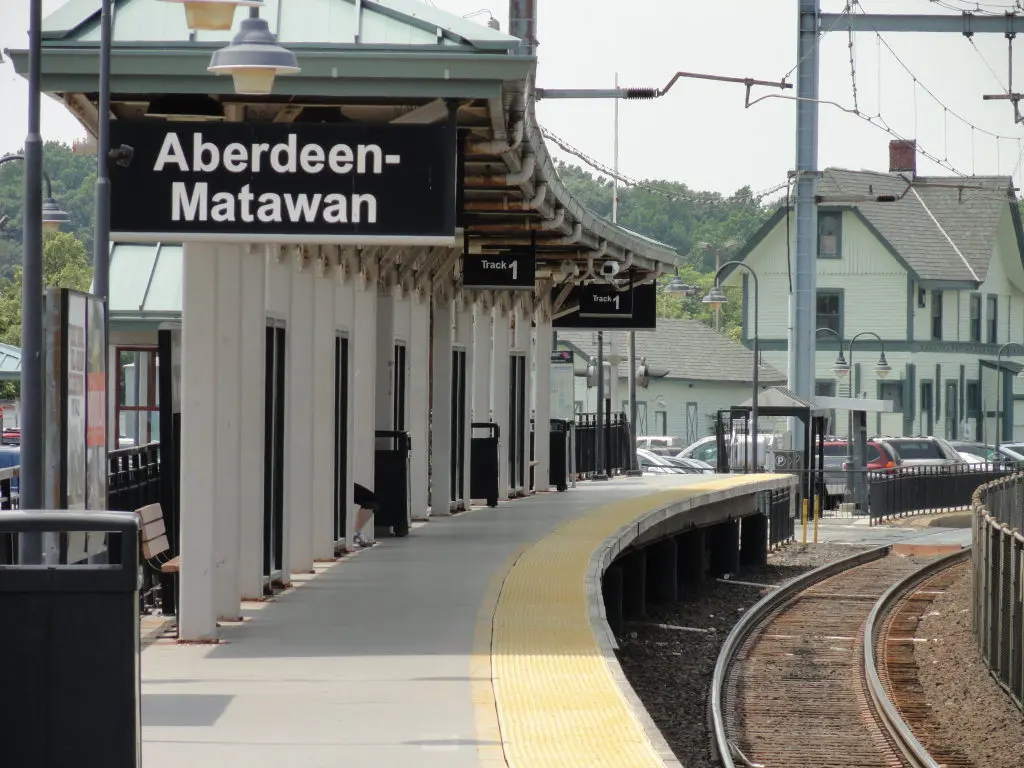
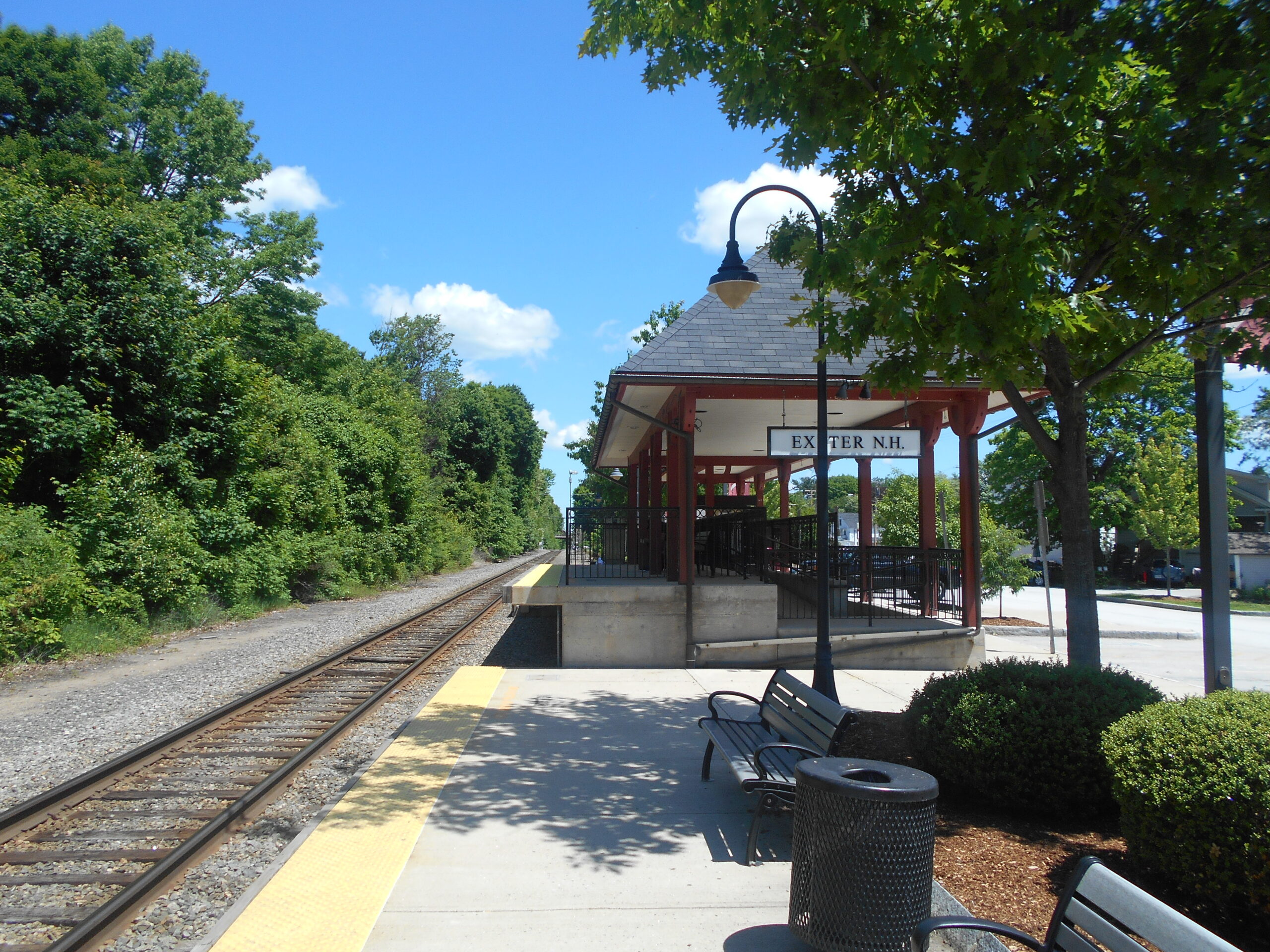
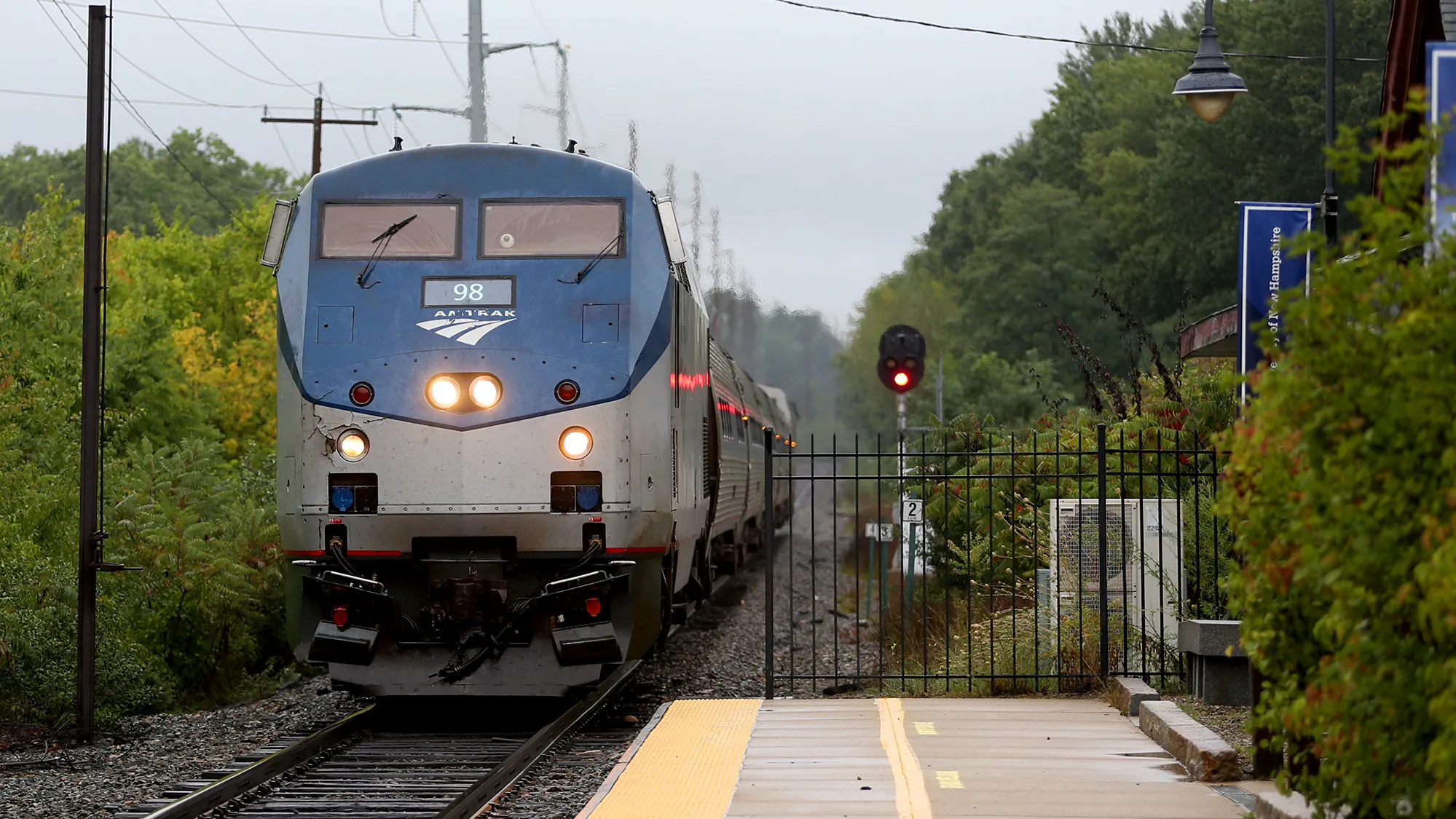
Leave a Reply